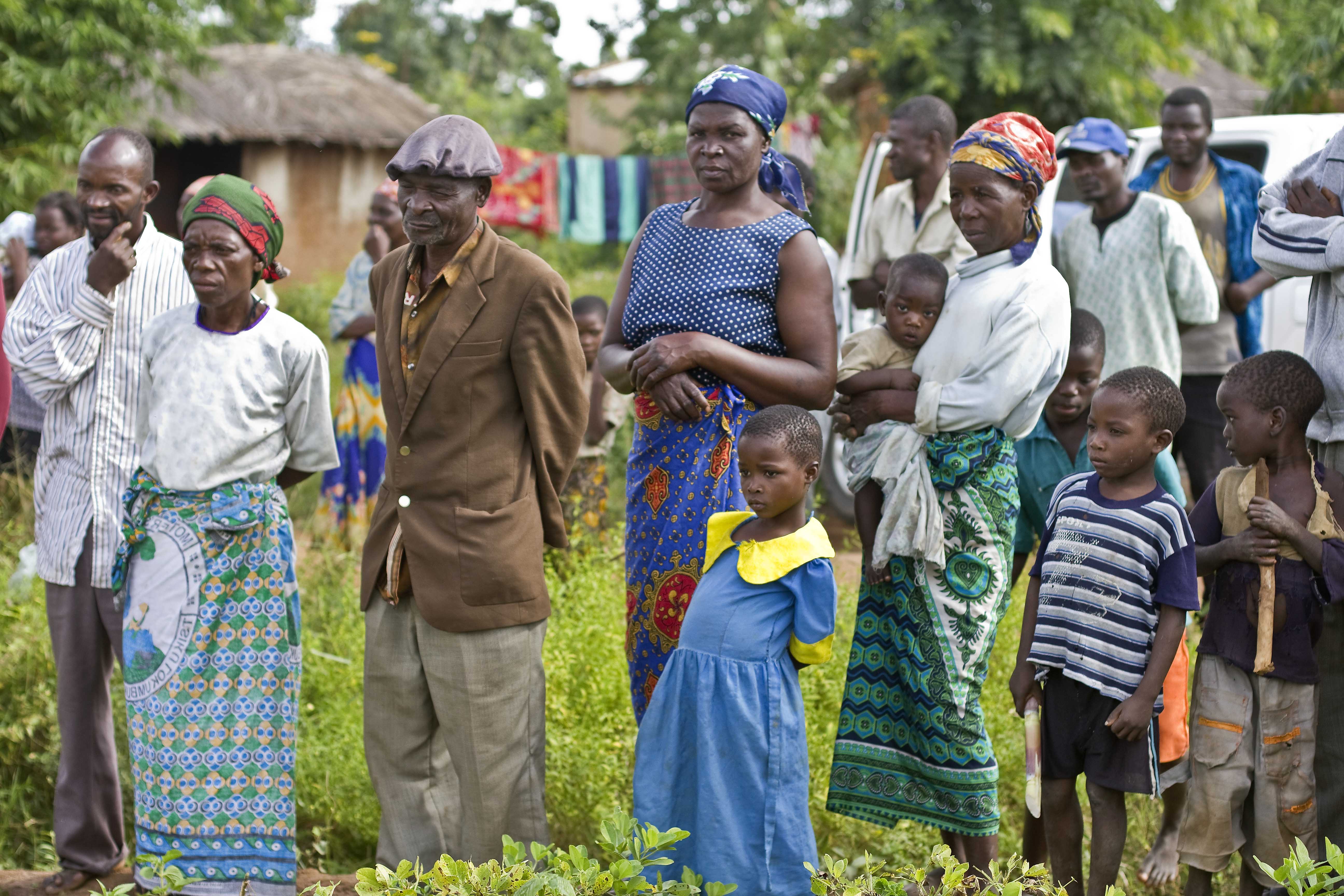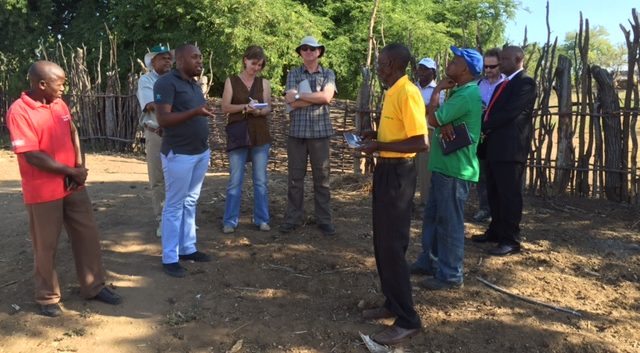Agriculture serves as the cornerstone of Mozambique's economy, providing sustenance to approximately 80% of the country's labor force. Nevertheless, the challenge of low crop productivity, with a yield gap exceeding 50%, significantly impacts the majority of subsistence farmers. Notably, Mozambique's diverse agro-ecologies encompass four regions characterized by dryland to semi-arid tropical to sub-tropical environments, underscoring the increasing importance of dryland cropping for sustainable agricultural development.
Persisting food insecurity remains a pressing concern, particularly heightened by frequent climate shocks and natural disasters such as floods, droughts, and cyclones. In response to this context, the cultivation of groundnut and pigeonpea emerges as a pivotal strategy for bolstering both income and food security, especially in the northern-eastern provinces. These crops seamlessly align with the Nacala and Zambezi Agricultural Growth Corridors (NAGC and BAGC), contributing to rebuilding resilience in these regions.

As part of the Government's flagship program, SUSTENTA, there is a dedicated effort to enhance productivity across several staple and strategic crops, including ICRISAT's mandate crops. By prioritizing groundnut and pigeonpea alongside other essential crops, the program aims to address food security challenges and propel sustainable agricultural growth.
In the evolving agricultural landscape of Mozambique, the significance of dryland cropping is becoming increasingly pronounced. Acknowledging the unique climatic conditions and the potential of groundnut and pigeonpea, ICRISAT is committed to collaborating with the Government and local stakeholders to develop and disseminate leading technologies and improved varieties. By narrowing the yield gap and promoting climate-resilient practices, our goal is to uplift the livelihoods of smallholder farmers and contribute to the overall food and income security of the country.
Since its establishment in 1982, ICRISAT-Mozambique has nurtured a fruitful partnership with Mozambique's Institute of Agricultural Research (IIAM) and the National Agricultural Research System (NARS). Through collaborative efforts with NARS, ICRISAT played a pivotal role in establishing post-war seed systems, including the crucial basic seed unit USEBA. Supported by the government, our decade-long research and development endeavors have propelled Mozambique to become the third-largest exporter and the fifth-largest producer of pigeonpea. Presently, approximately one million rural households cultivate pigeonpea on around 250,000 hectares of land, adding economic significance alongside groundnut and rice. Remarkable opportunities also await for the cultivation of sorghum, pearl millet, groundnut, and chickpea.
ICRISAT-Mozambique is equipped with research facilities, including a center located in IIAM Maputo and two field offices situated in IIAM-Nampula and IIAM Angonia, Tete. Our research-for-development (R4D) priorities in Mozambique are aligned with various focal areas, such as enhancing productivity, fortifying seed systems, building climate resilience, promoting nutrition and health, fostering agriculture-based employment and incomes, and empowering capacity development for agriculture. With a keen focus on integrated research and development, ICRISAT strives to strengthen seed systems for all priority crops and places great importance on capacity building. Moreover, we are dedicated to addressing multi-dimensional challenges, such as gender yield gaps, influenced by resource availability and access.
Currently, an exciting project is underway - the Niassa Agricultural Development Project (NADP). This transformative initiative encompasses sustainable intensification of crop production, integration of livestock for household resilience, improved market access, employment opportunities, increased household incomes, and enhanced nutrition and health outcomes.

At ICRISAT, we are driven by a shared commitment to supporting Mozambique's agricultural landscape. Our collaborative efforts with local partners continue to elevate the country's farming communities, fostering resilient and sustainable agriculture that not only bolsters livelihoods but also enhances food security and prosperity for generations to come.
Sorghum
Pearl Millet
Pigeonpea
Groundnut

ICRISAT-Mozambique
Maputo
Phone: +258 1 461657
Fax: +258 1 461581
Email: contact-moz@icrisat.org
Address: (c/o IIAM) nr 2698, 1st Floor, AV. FPLM, Maputo, Mozambique
27 Jan 2026